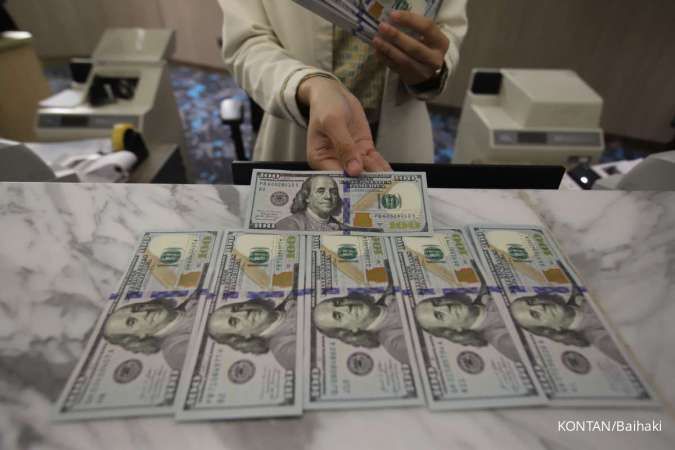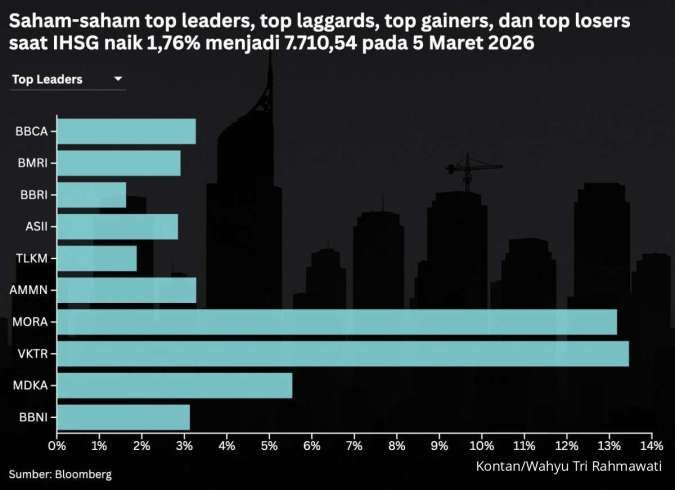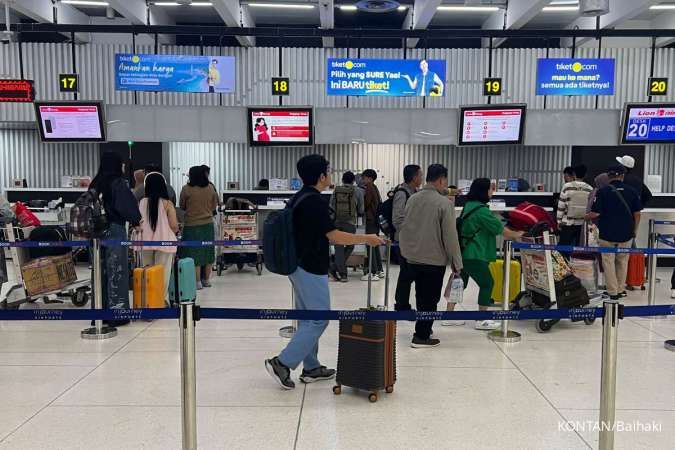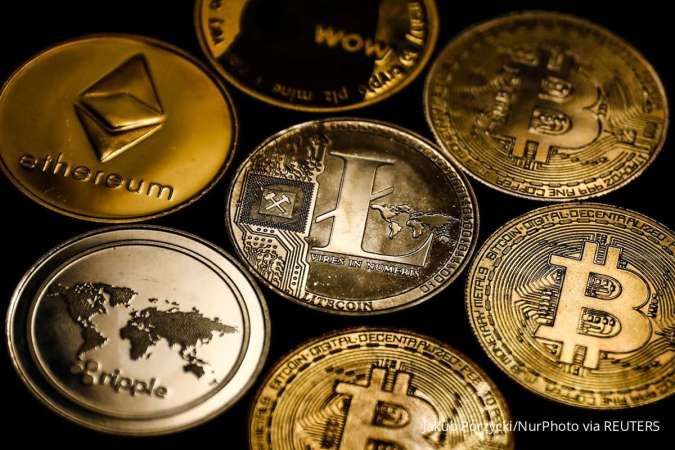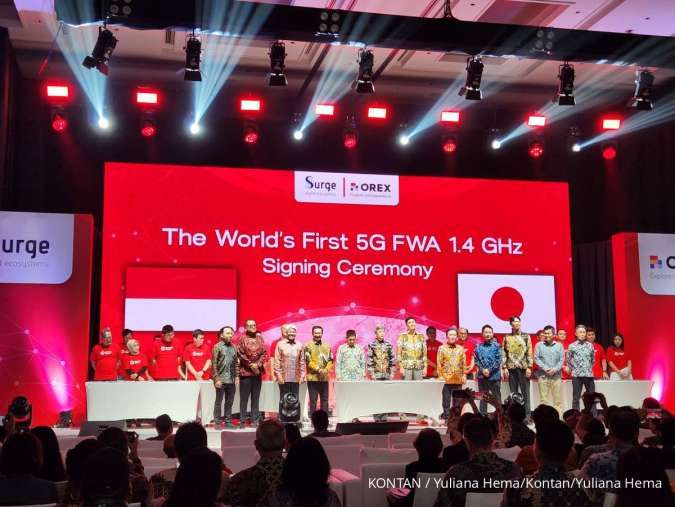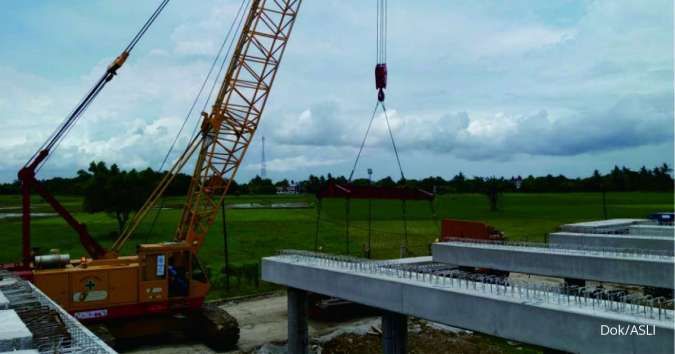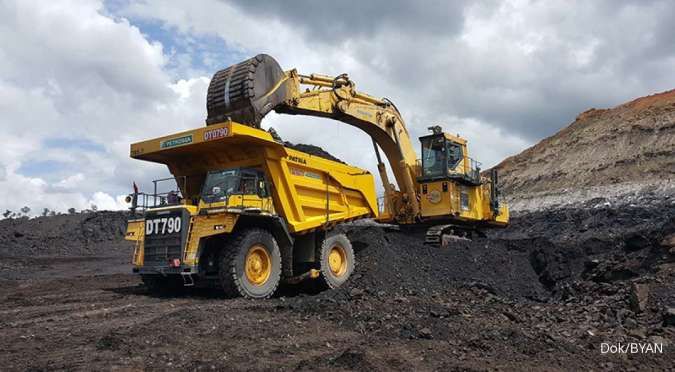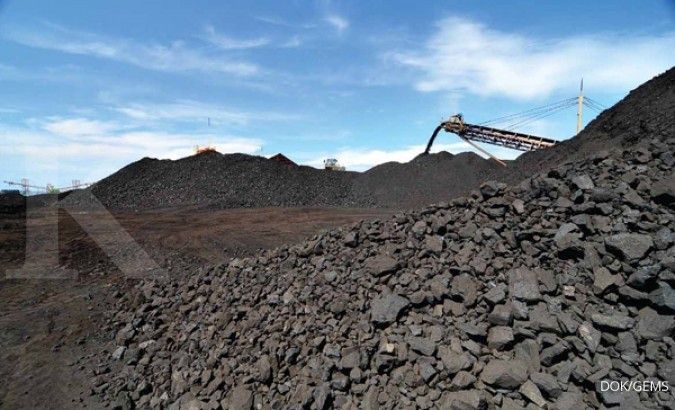Premier Oil's Tuna Block Development in Natuna Delayed Due to EU and UK Sanctions
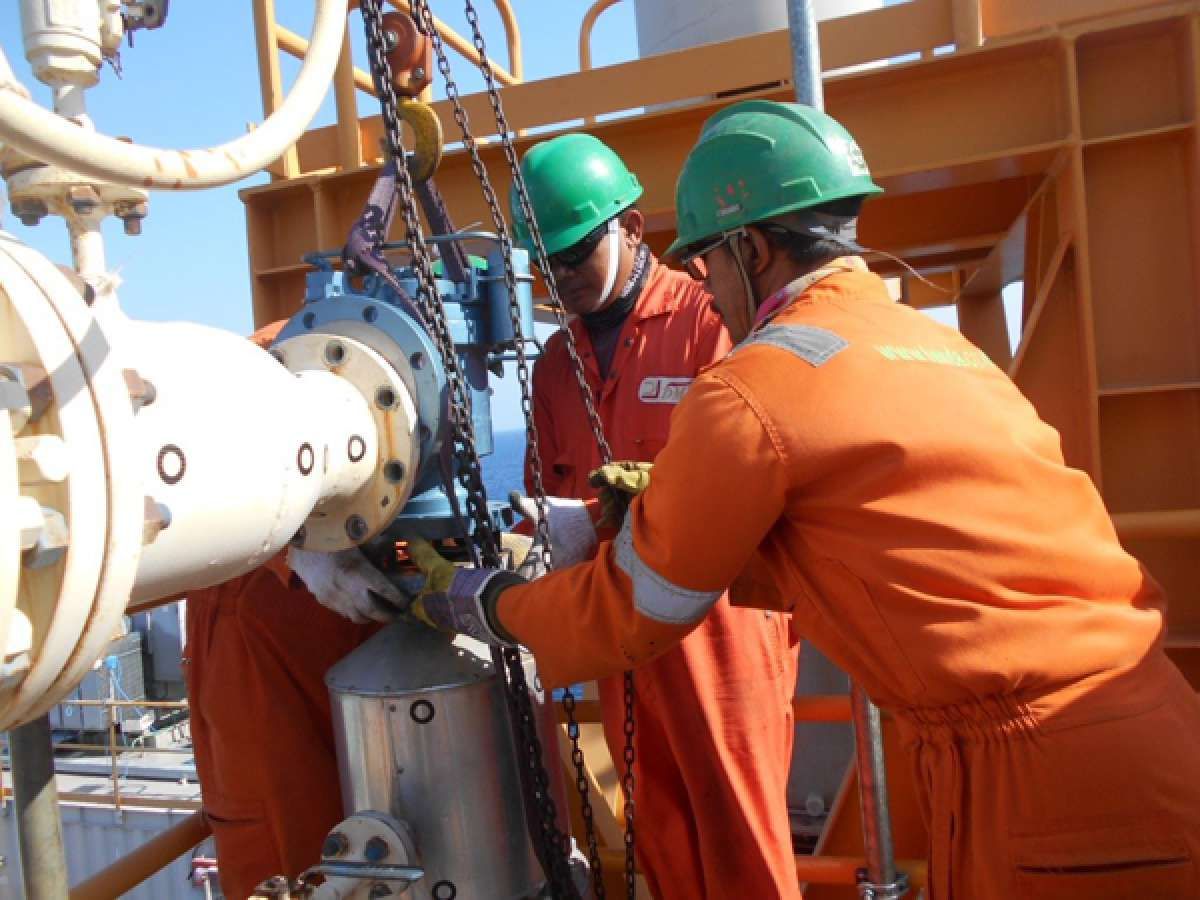
KONTAN.CO.ID - JAKARTA - The development of the Tuna Block on Natuna Island cannot proceed due to sanctions imposed on Premier Oil Tuna BV, a subsidiary of Harbour Energy Group that operates the oil block, by the European Union and the United Kingdom.
The sanctions are in response to Premier Oil's partnership with Russian company Zarubezhneft. The sanctions came after Russia's invasion of Ukraine earlier in 2022.
Zarubezhneft holds 50% of the participating interest (PI) in the Tuna Field project, while the other half is owned by Harbour Energy. In its 2022 annual report, Harbour Energy stated that, after the Indonesian Government approved the Tuna Field development plan in December 2022, the Scottish-based energy company has not been able to provide any progress updates on the development of the block.
"Further progress is influenced by the EU and UK sanctions that limit our ability as an operator to provide certain services to our Russian partners in the Tuna license. We are working with our partners to find solutions that will enable us to advance the project in 2023," Harbour Energy's annual report stated.
Minister of Energy and Mineral Resources, Arifin Tasrif, stated that the Tuna Block project will continue to run, even if a new partner needs to be found. "Yes, if the operator is non-Russian, it will continue to run. If we need to find a new partner, we will push for it because the progress is good," he explained when met at the Ministry of Energy and Mineral Resources Building on Friday (17/3).
Arifin warned against the Tuna Field project, which has good development and prospect, being forced to stop. "If the progress is good, why would we stop it?" he said.
Previously, there was a plan for Indonesia to export natural gas to Vietnam through the Tuna Block. Although he could not specify the volume of gas to be exported, Minister Arifin gave an idea that the potential gas that could be produced from the Tuna Block is between 100 mmscfd to 150 mmscfd. "We are targeting to be able to export using gas pipelines by 2026," Arifin explained.

